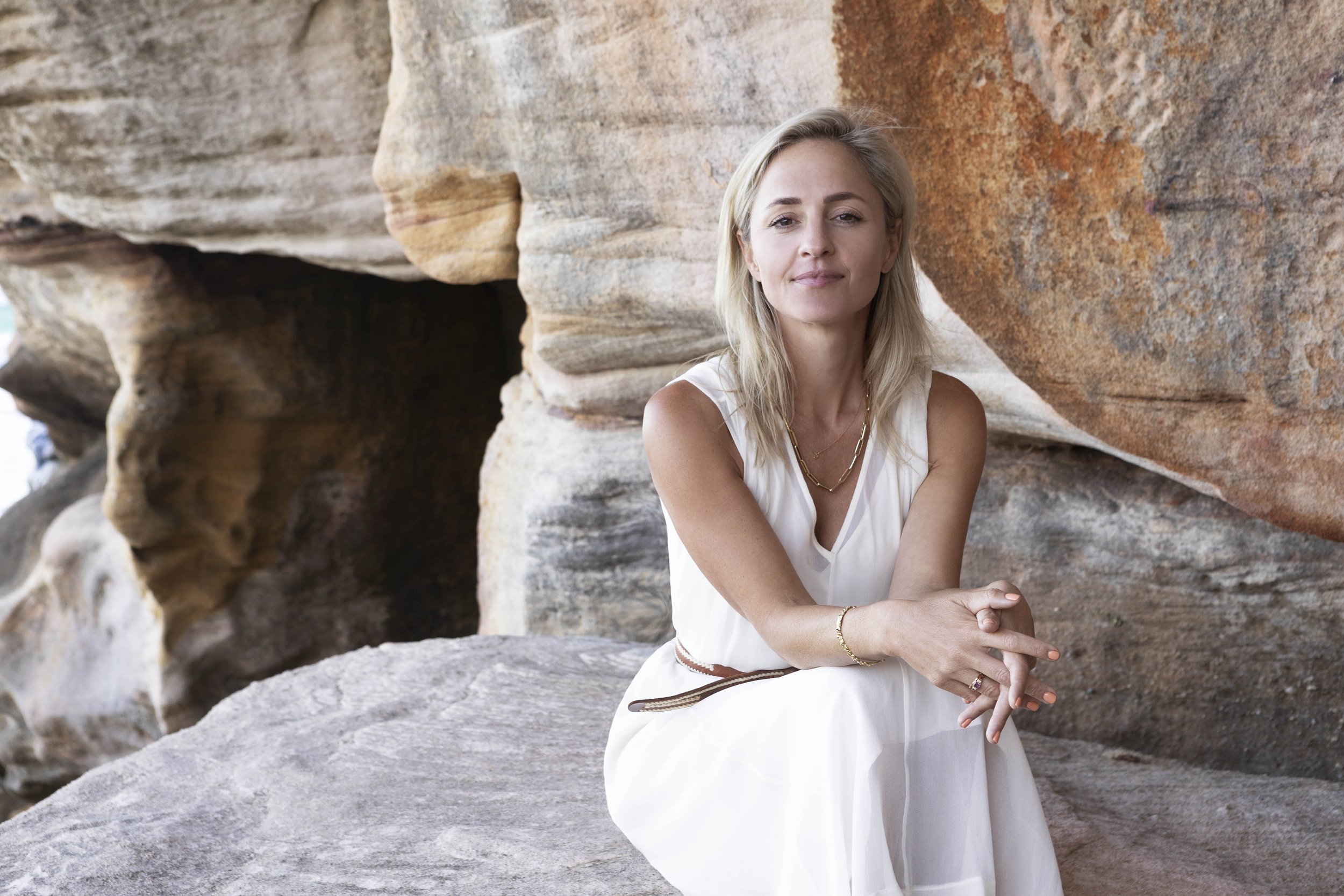The Hallmarks of Progress
How do we know we're progressing? How can we see what shifts meditation is bringing? Are we progressing if we still snap at our kids or feel intensely angry at our partner?
It's the nature of the mind to constantly be looking at what's "wrong" or the areas where we still have work to do. Often the mind, the intellect, has been allowed to play the role of harsh critic for quite some time, has been well trained to readily seek out our mistakes and shortcomings and is often so consumed with this that it's hard, or slower, to see the onset of light and change. It means that we can miss the subtler shifts, changes and signs of growth that are settling in as a result of our practice, and the expansion of our consciousness.
But there are some clear signals that things are shifting, and we can look to these, celebrate and highlight them.
We don’t become buddha overnight. It’s not relevant to look for, or expect not to have, an emotional reaction. We may notice however, that we are reacting less intensely to the same stimulus, or context, that would have really set us off a few months ago. We may find that we have an intense emotional response when we’re triggered, but that we are able to recover from it faster, that it flushes out of the nervous system more quickly, that we can return to our centre more quickly than we used to. Perhaps we held on to anger and resentments for days, weeks or even months or years, but now we find that after a day we’ve all but forgotten the incident and can return to a state of being calm, open and loving. The day may become hours and eventually minutes as an emotional response moves through the system. They are like little (or big) ‘storms’ in the nervous system - they bluster their way through, feel very intense, but then are gone, having cleared the way for the greater calm after the storm.
We may be starting to have the ability to witness these storms in the nervous system and find that we can resist the urge to indulge in our old programmed behaviours - which may be to withdraw, to ‘cold shoulder’, to rant and rage, to accuse, defend or shut down. This is great progress - we can feel the storm whirling around inside us and still remain present to hear what our partner/colleague/child has to say, and to allow that storm to move through before we decide what may or may not be relevant to say/do. This is mastery.
Our practice of meditation has the function of establishing the inner witness. Each time we meditate we contact our deepest Self, pure Being, pure consciousness, the layer of consciousness which is the witness of all intellects. As we regularly and consistently awaken our awareness to this deeper layer, and clear the stresses that mask the underlying experience of this available to us at all times, we have greater and greater capacity to witness our emotions, our thoughts, our bodily reactions and sensations and it is from here that we can master our experience. While we have a body, we will have reactions and sensations. It’s not relevant to expect not to, or to look to that as a sign of progress. What we can look for, and work towards, is mastery of them. We are no longer at their mercy, enslaved by every sensation or thought of the mind and body, but rather can witness as they make their way through and choose to engage with them, or act upon them, as appropriate, from a place of clarity.
When we find that we are not able to witness them, then we show ourselves compassion and simply note the experience to see to what extent there may be a gap between us and an action next time, in which we can make a different choice.
It’s useful to notice the areas where perhaps we are calmer in general, rather than looking to the moments of reaction to determine our progress. Likewise, do we perhaps have more clarity and energy in the morning or during the day than we used to? Perhaps not all the time, but in ever increasing degrees. Do we find that others around us seem a little more stressed, a little more caught in the story, that they seem to be holding on to things, or attempting to control things a little more than we find ourselves doing? Do we find ourselves a little more open to trying something new? Do we find that we have less fear about the unknown or new situations - not zero fear, but less - than we used to?
These are all signs of our progress, that the investment of our time meditating is incrementally installing these payoffs in daily life. What’s interesting is that the brain rapidly normalises experiences. What may have felt like a contrast in experience when we first learned to meditate is now the new normal, and is therefore more subtle in our experience, so requires us to pay a little more attention to detect.
Let’s water the flowers of blossoming consciousness - celebrate and highlight the changes we experience and show compassion and patience for ourselves in the areas we feel we have room for growth.
With love
Georgia x











